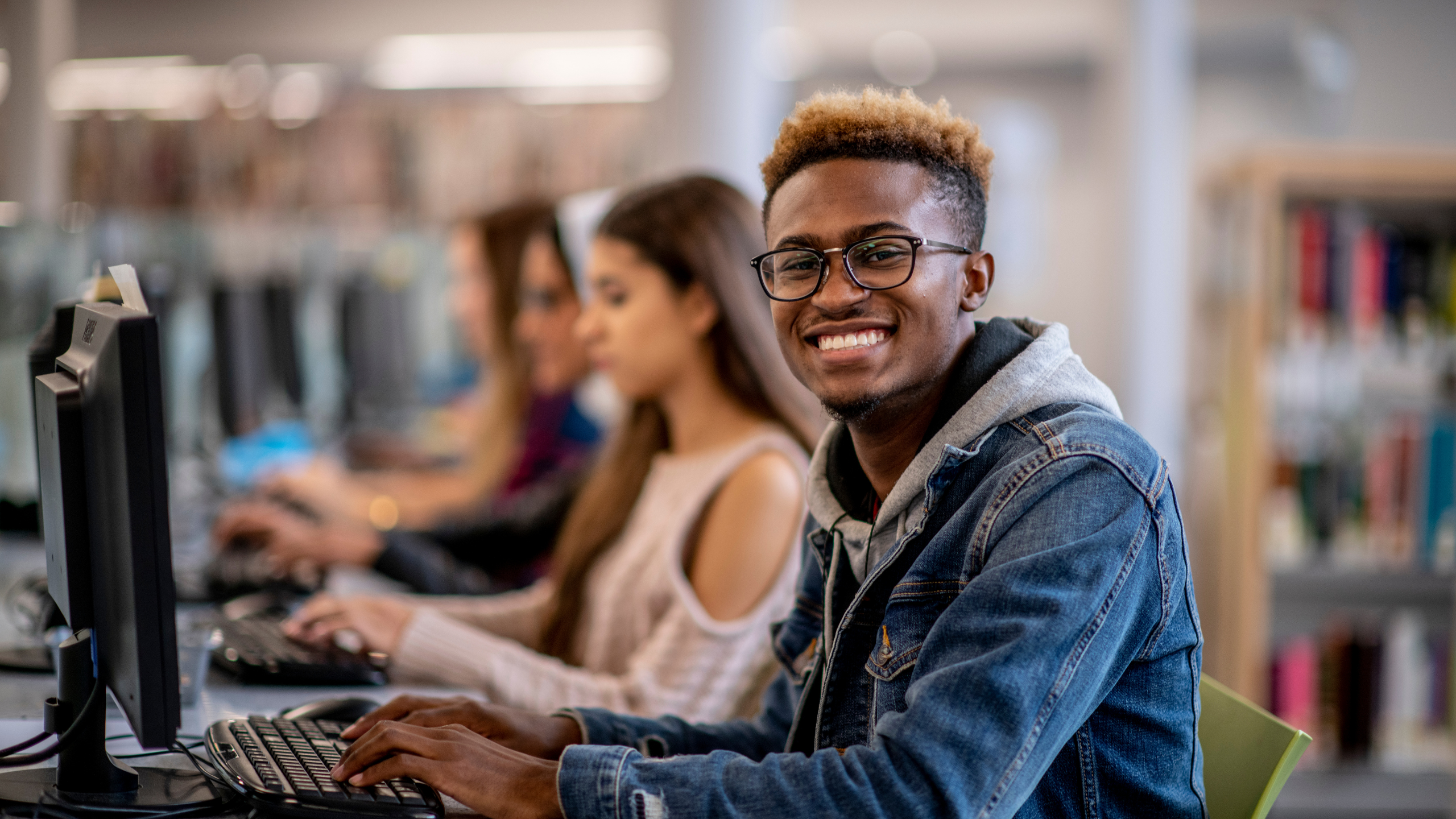If you’re building or maintaining an SQF-certified food safety system, your SQF Practitioner isn’t just another role—they’re the designated authority responsible for program implementation, monitoring, and verification. And as audits grow more rigorous, the question of outsourcing that responsibility has become a point of tension.
Can a consultant fill that role? Technically, yes. But depending on how you structure the relationship, it could put your certification at risk.
This article clarifies what’s allowed, what’s risky, and why many facilities ultimately choose internal training over outsourcing.
If you need a refresher on what the SQF Practitioner is legally responsible for, start with this definition and role breakdown.
What SQF Says About External Practitioners
The SQF Code does not explicitly prohibit the use of third-party consultants. In fact, many facilities rely on consultants to help build their food safety systems, review documentation, or prepare for audits. However, the standard is clear that the designated SQF Practitioner must be “employed by the site.”
That phrase—“employed by the site”—is where most of the confusion begins.
What “Employed by the Site” Really Means
SQF auditors consistently interpret this phrase to mean:
- The practitioner must be formally contracted by the business entity operating the site
- They must be available to support the program on an ongoing basis
- They must have a real operational relationship with the facility—not just a temporary or advisory role
This isn’t just a paperwork issue—it’s about proving to an auditor that your practitioner is actively involved in food safety operations, not a name on a document or someone brought in to troubleshoot right before an audit.
In practical terms, that means a consultant can serve as your SQF Practitioner only if they’re:
- On payroll or under a long-term employment contract
- Clearly named in your organizational chart
- Actively engaged in verification, record review, and system oversight
Hiring a consultant for pre-audit support or documentation work is not the same as assigning them SQF Practitioner responsibilities. Auditors are trained to spot the difference.
What Auditors Look For
SQF audits are built on proof, not assumptions. If your designated practitioner is external, an auditor will scrutinize:
- The name and role of the designated SQF Practitioner
- Evidence that the person meets the required qualifications
- Records showing their ongoing involvement in plan maintenance and verification
- Their employment or contractual relationship with the site
If the auditor determines that your practitioner is not truly employed by the site—or lacks the qualifications or visibility—they may issue a non-conformance that jeopardizes your certification.
The Risks of Relying on Consultants
On paper, outsourcing looks simple. But when real audits and compliance events unfold, it often introduces more risk than relief:
- Lack of availability: Consultants often support multiple clients. If they’re unavailable during a corrective action window or system failure, your audit response could be delayed.
- Questionable compliance: If the consultant isn’t formally employed or properly documented, auditors may flag your system as non-compliant.
- Loss of internal ownership: Relying on an outsider for critical food safety functions can signal a lack of internal accountability.
- Re-certification delays: If your consultant relationship ends—or doesn’t meet auditor expectations—you may be forced to reassign the role under pressure.
These aren’t hypothetical risks. Food companies have lost certification over misaligned SQF Practitioner assignments. It’s not worth the gamble.
Why Most Facilities Train Internally Instead
Facilities that prioritize audit stability often invest in internal training for their designated SQF Practitioner. Here’s why:
- Audit-safe documentation: Internal employees meet the “employed by the site” standard with no ambiguity.
- Always available: Your practitioner is on site (or on staff) when issues arise or audits are scheduled.
- Ongoing system ownership: Food safety becomes a shared operational responsibility, not a vendor-managed service.
- Faster, safer audits: Auditors have direct access to the person managing your system—and confidence that they know it inside and out.
Training someone internally not only satisfies the letter of the SQF Code—it creates durable compliance. That’s why more sites are choosing to control this role in-house.
This SQF Practitioner course is trusted by food safety teams across the U.S. because it’s:
- Built around the latest edition of the SQF Code
- Self-paced and accessible online
- Developed by former auditors and food safety experts
- Includes a certificate that satisfies audit requirements
If you’re currently relying on a consultant, consider certifying someone internally to avoid re-certification risk.
Final Word: It’s Not Just About Who Can—it’s About Who Should
Can a consultant serve as your SQF Practitioner? In some cases, yes. But the technical allowance doesn’t equal audit assurance.
SQF audits don’t just evaluate your system—they evaluate your ownership. And when the most critical food safety role in your facility is outsourced, that ownership is harder to prove.
Avoid the ambiguity. Assign someone internally, train them to meet the standard, and walk into your next audit with confidence.
Start internal training today and assign an audit-safe SQF Practitioner with confidence.








